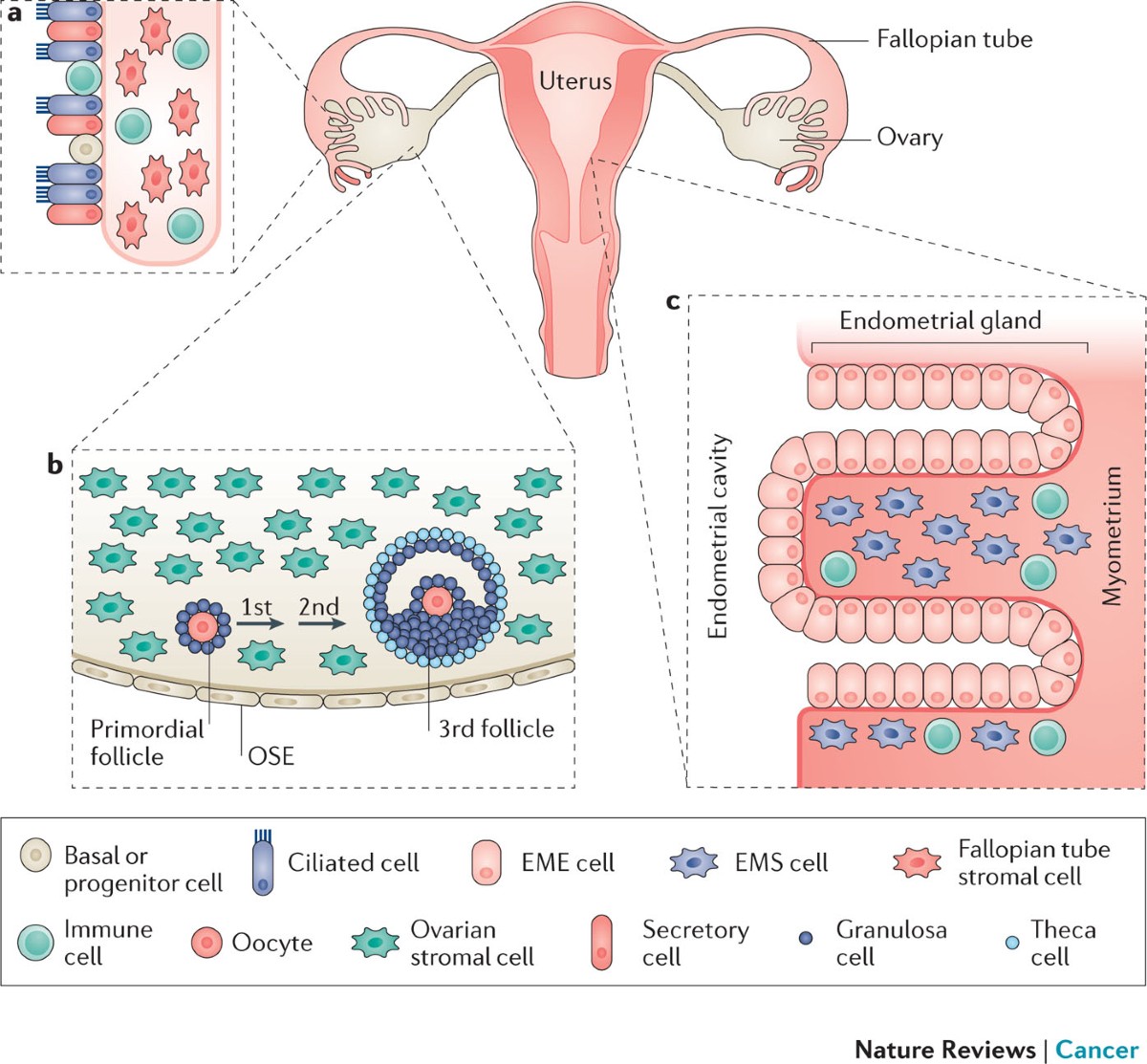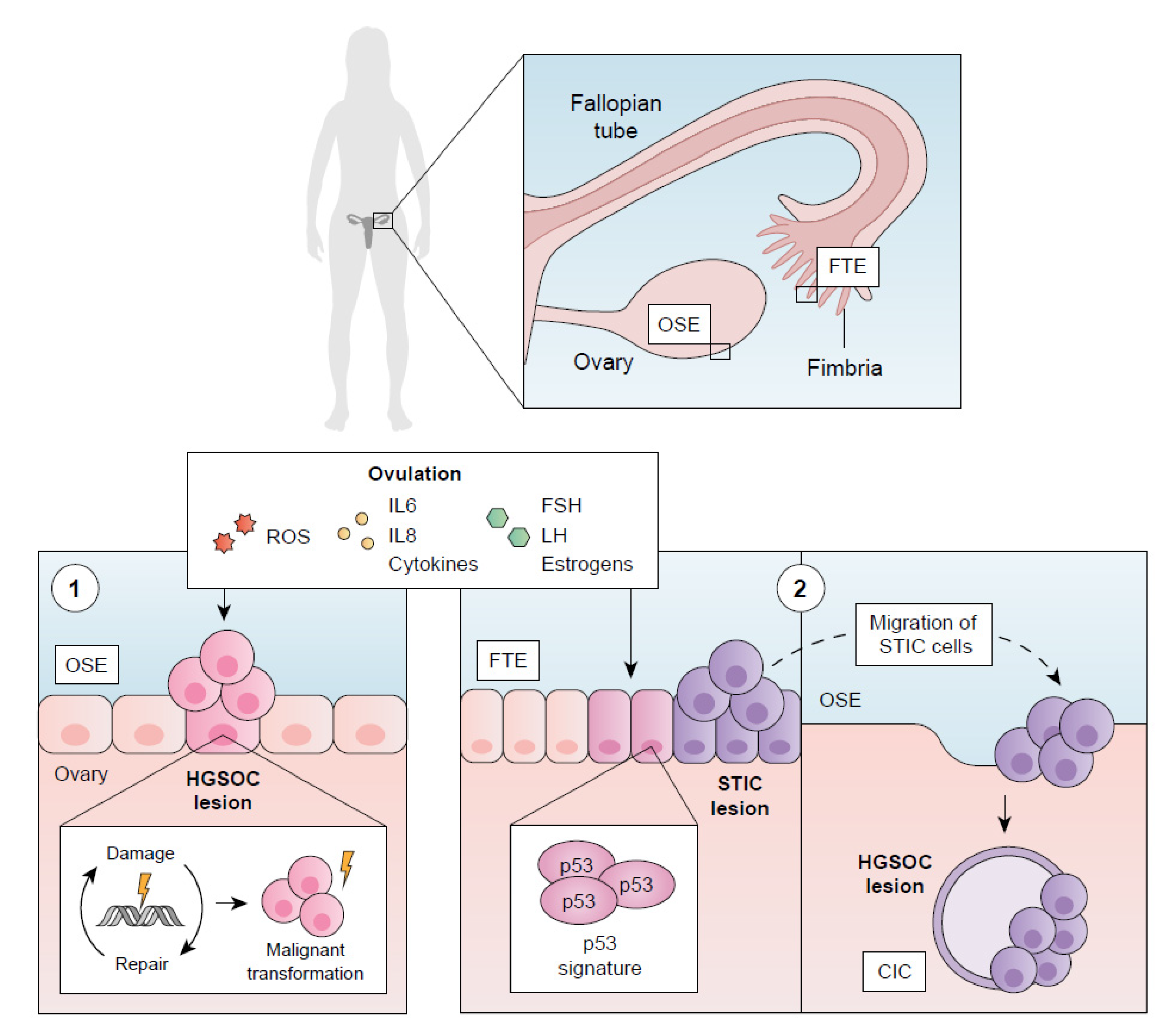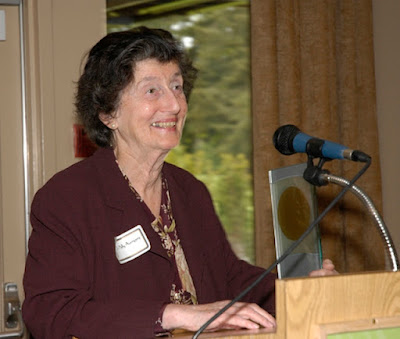Dr. Nelly Auersperg, a renowned cancer researcher, left an indelible mark on the field of medicine. Born in Vienna in 1928, she experienced the horrors of war, revolution, and loss, yet her resilience and determination propelled her to achieve remarkable milestones in her career.
With a lifelong dedication to cervical and ovarian cancer research, Dr. Auersperg published over 200 research papers and mentored numerous students, post-doctoral fellows, and lab technicians. Her legacy extends beyond her groundbreaking work, as she inspired a new generation of researchers and scientists. As we pay tribute to her remarkable life, we remember her unwavering commitment to her craft and her profound impact on the world of medicine.
what were some of Dr. Nelly Auersperg's most significant contributions to cancer research

what were the key findings from Dr. Auersperg's research on ovarian cancer

- Establishment of Cell Lines: Dr. Auersperg created cell lines from ovarian surface epithelium, which are still widely used in research today.
- Oncogenic Potential of Interface: Her research highlighted the oncogenic potential of the interface between the fallopian tube and ovarian surface epithelium, a crucial area of study in ovarian cancer.
- Understanding Ovarian Cancer Origins: Dr. Auersperg's work aimed to understand the origins of ovarian cancer, a significant contribution to the field, particularly in the context of her time.
- Impact on Ovarian Cancer Research: Her research and mentorship have had a profound impact on the field of ovarian cancer research, shaping the direction of future studies and inspiring new generations of researchers.
what were the main discoveries Dr. Auersperg made about the origins of ovarian cancer
At the age of ninety-four, Dr. Nelly Auersperg passed away on 15 January.
 |
| Nelly's father Viktor. |
Born on 13 December 1928 at Vienna, Baroness Nelly Gutmann was the only daughter of Baron Viktor Gutmann von Gelse und Belišće (1891-1946) and Luise Bloch-Bauer (1907-1998), who wed in 1927. Nelly was later joined by a younger brother, Baron Francis Gutmann (1934-2014). Their father Viktor was an industrialist.
 |
| Nelly's great-aunt Adele, circa 1920. |
Nelly's paternal grandparents were Baron Alfred Gutmann von Gelse und Belišće (1857-1919) and Ottilie Pollak von Rudin (1864-1921). Her maternal grandparents were Gustav Bloch (1862–1938) and Marie Therese Bauer (1874–1961). Nelly's great-aunt was Adele Bloch-Bauer, who was painted by Gustav Klimt and whose story was told in the 2015 film The Woman in Gold, starring Helen Mirren, who portrayed Nelly's cousin Maria Altmann.
On 30 May 1955 at Vancouver, Baroness Nelly von Gutmann married Prince Johannes "John" von Auersperg (1930-2017), a son of Prince Eduard von Auersperg (1893-1948) and Countess Sofie von Clam und Gallas (1900-1980). The couple were married for sixty-two years. John and Nelly had two children: Princess Maria Elisabeth (b.1956; married David Harris) and Prince Eduard "Edward" Viktor (b.1958; married Nancy Andrews).
Here is the obituary of Dr. Nelly Auersperg from the Vancouver Sun:
AUERSPERG, Nelly, MD/PhD December 13, 1928 (Vienna) - January 15, 2023 Last Sunday, after a lengthy illness, our much beloved Nelly Auersperg slipped peacefully from this life. She and her family were grateful for the opportunity to enjoy their final time together. Nelly was predeceased by her father Viktor (Gutmann), her mother Luise (nee Bloch Bauer), her brother Francis, and her husband John. She leaves behind and will be remembered by her daughter Maria (David), son Edward (Nancy), and her six grandchildren Anthony, James, Elizabeth, John, Steven and Natalie, and many others whom she touched during her incredible life. She was hugely grateful for the opportunity to hold two great-grandchildren, Ada and Henrik, and happy in the knowledge of more to come. Nelly enjoyed a privileged childhood, but also experienced the horrors of war, revolution and loss. After eventually making her way to Vancouver, she obtained her MD degree (U of Washington) and PhD (UBC). She spent six decades in cervical and ovarian cancer research; a pioneer in her field, publishing over 200 research papers, and mentoring over 60 students, post-doctoral fellows and lab technicians, all of whom she lovingly and proudly referred to as her children. She was the recipient of an honorary doctorate from SFU, UBC Lifetime Achievement Award, AMS of UBC Great Trekker Award, and had an OVCARE symposium and an award in Women's Health Research named in her honour. She was a trustee of the BC Foundation for Non-animal Research. In 2016, she travelled to Croatia, and successfully honoured her late father's final request to have his unjust death sentence imposed in 1945 overturned. Nelly continuously displayed her gratitude for the life she was able to live in Canada. She set up three charitable foundations, providing respite for families affected by autism, housing for people suffering from homelessness and mental illness in Vancouver, and cervical cancer care in Uganda. In her nineties, she still found energy to contribute to and help translate into English a Croatian economics textbook about her childhood hometown of Belisce, and also helped spearhead the campaign to acquire a Shakespeare first folio for the UBC Special Collections library. She did not live for work alone, enjoying the outdoors, skiing, sailing, gardening and reading. She also found time for family and was always there when needed, caring for her children and introducing her grandchildren to culture and the arts, Disneyland and the opportunity to travel. She and they especially treasured visits to the town she lived in Croatia, where she showed each of them something of their roots and the place where so much happened during and after the war to shape her life and their heritage. She passed away at age 94, remaining inquisitive, feisty and alive until her final hours. She even relished watching the Canucks finally win a game just hours before she left us. We would like to extend our heartfelt thanks to Mercy Tenerio and Dr. Geoffrey Edwards for so many years of kindness, dedication and patience, to staff and friends at Tapestry, to Dr. Jason Park, and to the many staff at Vancouver General Hospital for their kind and tender care. Funeral mass at Our Lady of Perpetual Help Church (2465 Crown Street, Vancouver) on Tuesday, January 24 at 12 p.m., with a reception to follow at the Royal Vancouver Yacht Club from 3:30 p.m.
The University of British Columbia - Dr. Nelly Auersperg Announcement
As we conclude our tribute to Dr. Nelly Auersperg, we are reminded of the profound impact she had on the field of cancer research. Her unwavering dedication to understanding the complexities of cervical and ovarian cancer led to groundbreaking discoveries and a legacy that will continue to inspire future generations of researchers. Dr. Auersperg's remarkable career was marked by numerous milestones, including the establishment of the first human cervical cancer cell lines with defined differentiation, which significantly contributed to the discovery of HPV as the primary cause of cervical cancer. Her tireless efforts to advance our understanding of cancer biology and treatment options have left an indelible mark on the scientific community.
Dr. Auersperg's remarkable life was a testament to her resilience and determination. Born in Vienna in 1928, she experienced the horrors of war, revolution, and loss, yet she persevered and went on to achieve remarkable milestones in her career. Her research on ovarian surface epithelium, growth regulation, and differentiation shed light on the intricate mechanisms involved in ovarian cancer development. Her work on BRCA1 mutations and ovarian carcinogenesis further expanded our understanding of the genetic factors contributing to the disease. Dr. Auersperg's unwavering commitment to her craft and her profound impact on the world of medicine will be remembered for years to come. We honor her remarkable legacy and the countless lives she touched through her groundbreaking research.
what were some of Dr. Auersperg's most notable publications
- Establishment of Human Cervical Cancer Cell Lines with Defined Differentiation: Dr. Auersperg's pioneering work on establishing the first human cervical cancer cell lines with defined differentiation contributed significantly to the discovery of HPV as the primary cause of cervical cancer.
- Ovarian Epithelium Biology and Cancer: Her research on ovarian epithelium biology explored growth regulation, differentiation, epithelial-mesenchymal transformation, responses to bioactive factors, and the effects of BRCA1 mutations. This work shed light on the intricate mechanisms involved in ovarian cancer development.
- BRCA1 Mutations and Ovarian Carcinogenesis: Dr. Auersperg examined the effects of BRCA1 mutations on ovarian epithelium biology, including the potential for ovarian carcinogenesis. Her research contributed to a deeper understanding of the genetic factors contributing to ovarian cancer.
- Ovarian Stem Cells and Early Detection Markers: Her work on ovarian stem cells and early detection markers aimed to identify novel approaches for the diagnosis and treatment of ovarian cancer.
- Cytotoxicity of Malignant Effusions: Dr. Auersperg's early research on the cytotoxicity of malignant effusions, published in Nature, marked a significant milestone in her career and demonstrated her ability to publish in prestigious scientific journals.




No comments:
Post a Comment